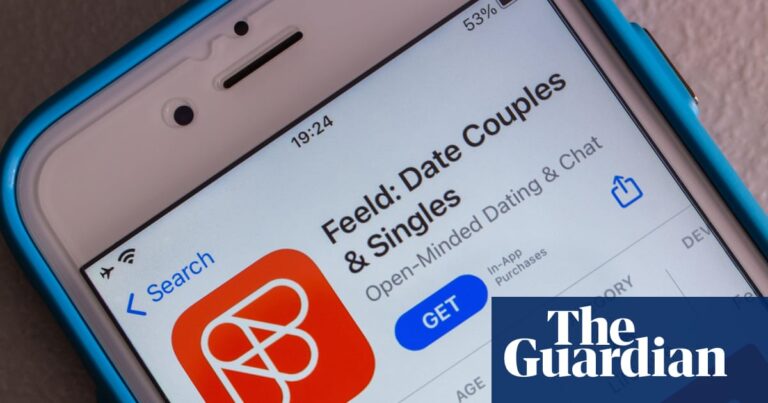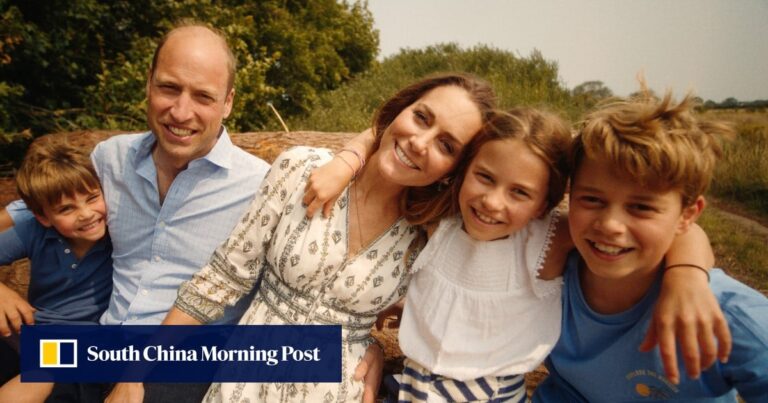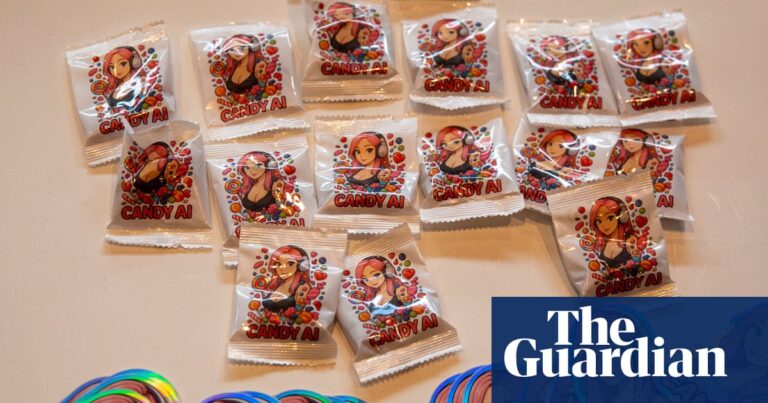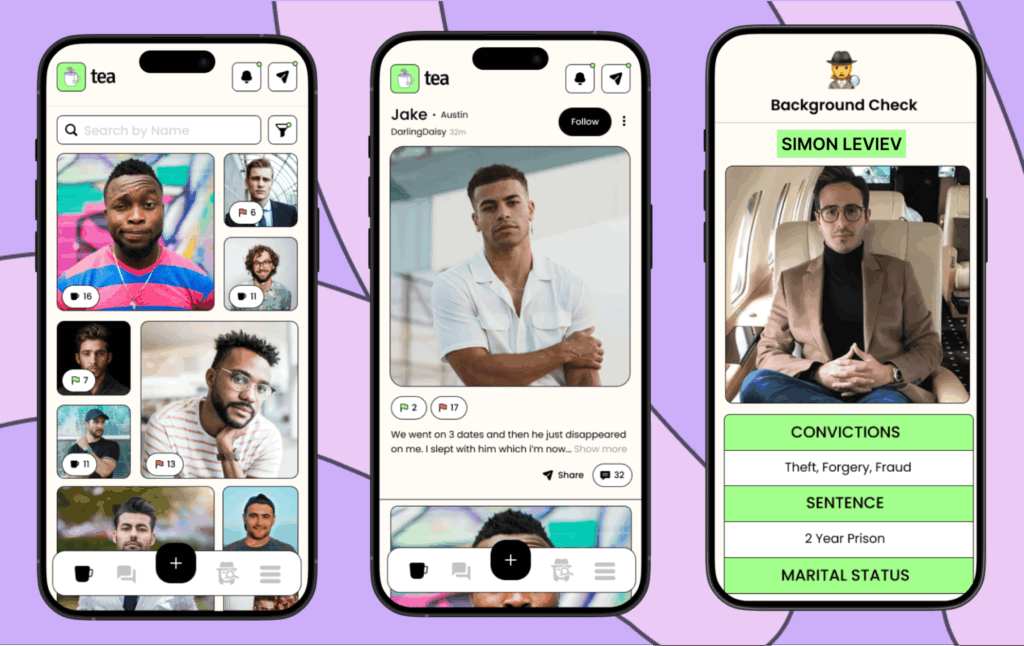
Imagine preparing for a first date and checking your phone—not for your outfit or directions, but to see if the person you’re about to meet has been flagged, by name, in a growing national database of anonymous dating reviews.
That’s the premise of Tea, a women-only mobile app that has quickly become one of the most downloaded apps in the country. Marketed as a “dating safety tool,” Tea allows verified female users to post about their romantic experiences with men. They can upload names, photos, and brief accounts of how a date went.
Most of the reviews are negative.
Launched quietly in 2023, Tea exploded in popularity this summer after gaining traction on TikTok. Since then, it has become a flashpoint in conversations around digital ethics, gender politics, and the state of the dating market in a national climate of deep distrust.

Tea App for Women
“We are in an era of defensive dating,” said Magdalene Taylor, a journalist and author who writes about sex, relationships and internet culture. “People are afraid—of being duped, ghosted, or worse—and Tea is offering them a kind of insurance policy.”
The New Rules of Digital Dating
Tea’s onboarding makes its mission clear. New users are shown a series of promises: “everything is anonymous,” “screenshots are impossible,” and “all women are verified.” The app allows you to search a man’s name, set alerts if he’s mentioned and browse posts nationwide.
But it doesn’t stop there. Tea also includes tools to run background checks, search for criminal records or sex offender listings, perform reverse-image searches on photos, and locate social media profiles. The company pledges to donate 10 percent of revenue to the National Domestic Violence Hotline.
Yet as Tea expands, so does the backlash. On Reddit and other forums, men have begun pushing back—sharing stories of being named on the app with what they claim are false or misleading accounts. Some say they were accused of cheating when they were already divorced, or flagged simply for ending a date early. Because men can’t access the app, they have no easy way to know what’s been said about them, let alone respond to it.
Online, defenders of Tea argue that traditional dating platforms have failed to prioritize women’s safety. Tea, by contrast, is built entirely around women and strictly controls access. And for many users, that makes all the difference.
Maybe the person you’re planning to meet disappeared after sleeping with someone. Maybe he lied about being divorced—or about past incidents of violence. Maybe someone has already posted a nebulous warning: don’t go. He’s not who he claims to be.
Still, Taylor—who has closely tracked the app’s rise—says its success is less about Tea as a product and more about what it reflects.
“It reflects the way people are dating now—digitally, cautiously, and socially mediated,” she told Newsweek.
“People aren’t using Tea because it’s ideal. They’re using it because everything else feels broken.”
sorry to keep harping on this but so many people are treating dating as something to be done defensively and with hostility. the goal isn’t even to find love but to foster ammunition against each other. it’s not about safety, it’s about avoiding humiliation https://t.co/vJ3ZiZYzC5
— Magdalene J. Taylor (@magdajtaylor) July 23, 2025
A Culture of Exposure
Whether Tea ultimately proves to be a valuable accountability tool or just another polarizing platform caught in the maw of the modern dating economy remains to be seen. For now, it stands as both a cautionary tale and a cultural mirror—a sign of just how much the dating landscape has changed with the times.
Founder Sean Cook says he created the app after his mother was catfished. His pitch is about prevention, not punishment. But how that plays out in practice is less clear. Tea offers no way to challenge or correct posts. There’s no appeals process. Names can remain on the platform indefinitely.
“There’s a fine line between accountability and punishment,” Taylor said. “When there’s no way to respond or explain yourself, it starts to feel like punishment.”
Tea’s rise coincides with deeper shifts in dating culture—and growing concern about where men fit in. Public health experts, including U.S. Surgeon General Vivek Murthy, have warned of a rising “loneliness epidemic,” especially among men. Nearly one in four American men say they have no close friends. Over 40 percent report feeling lonely on a weekly basis. They’re less likely to seek emotional support and more likely to withdraw from social spaces altogether. For those in their prime dating years, their job prospects out of college are increasingly bleak.
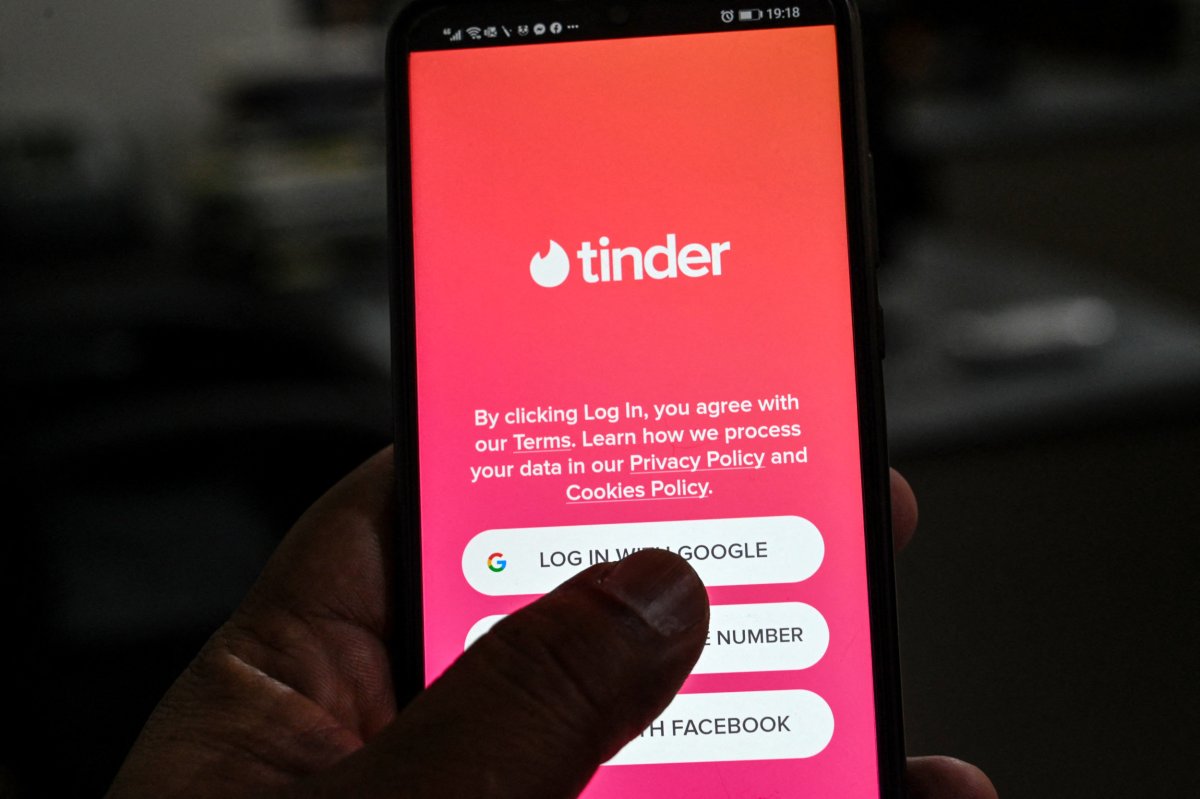
Photo by Aamir QURESHI / AFP
Modern dating often deepens the divide. As women gain educational and economic ground, studies show they’re becoming more selective. A recent Business Insider report called it the “winner effect”—a handful of high-status men attract most of the attention, while many others are overlooked.
In that vacuum, resentment can fester. And Taylor believes platforms like Tea, whether intentionally or not, can intensify that edge.
“It’s not just about men being lonely,” she said. “It’s about not knowing how to meet expectations. And now, they’re worried that if they mess up, they’ll be posted about—with no way to defend themselves.”
The rise of Tea is also tied to a growing fatigue with dating apps in general. Internal reports from Match Group and Bumble show user engagement is declining. A 2024 Forbes survey found that 75 percent of Gen Z respondents were either taking breaks from dating apps or using them less frequently. Users cited ghosting, endless swiping and a lack of meaningful connection as common complaints.
“People are exhausted,” Taylor, the sex columnist, said. “I don’t think this is the end of dating. But it’s the end of pretending that technology hasn’t changed everything about how we meet, trust, and try to love each other.”
